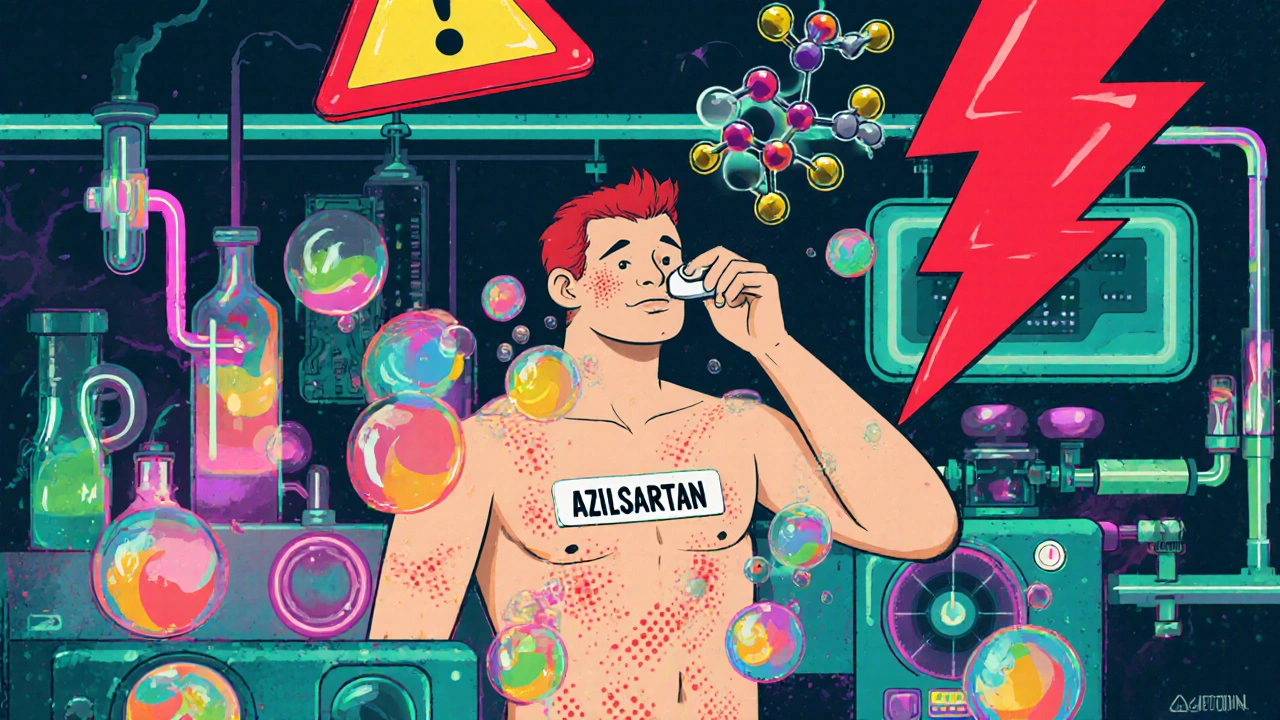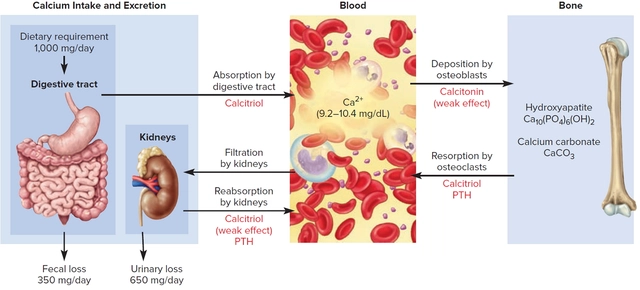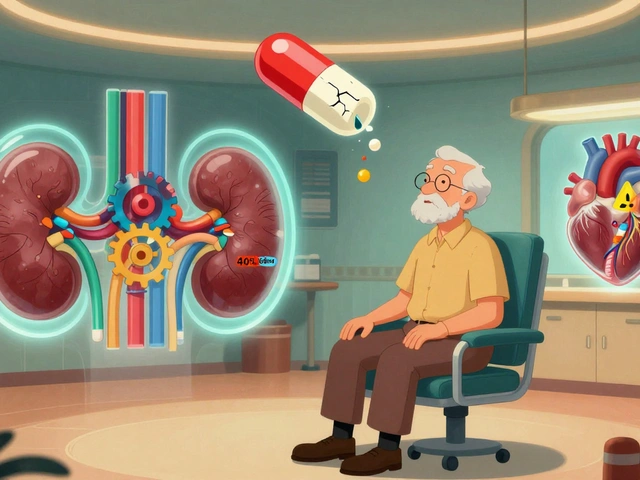Allergic Reaction to Meds: Signs, Causes, and What to Do
When your body treats a medicine like a threat, it triggers an allergic reaction to meds, an immune system overresponse to a drug that can range from mild itching to life-threatening shock. Also known as a drug allergy, this isn’t just a side effect—it’s your body fighting something it wrongly sees as dangerous. Unlike nausea or dizziness, which are common side effects, a true allergy involves your immune system releasing histamine and other chemicals, often within minutes to hours after taking the drug.
This can happen with anything from antibiotics like penicillin to common painkillers like ibuprofen or even over-the-counter antihistamines like Benadryl. Some people react to the active ingredient; others react to fillers, dyes, or preservatives in the pill. anaphylaxis, a severe, full-body allergic reaction that can shut down breathing and blood pressure is rare but deadly if not treated fast. Symptoms like swelling of the tongue, trouble breathing, or a sudden drop in blood pressure mean you need emergency care right away. Less severe signs—rash, hives, itching, or a runny nose—still matter. They’re your body’s warning that something in the medicine doesn’t belong.
Many people assume they’re allergic to a drug because they got sick after taking it, but not every bad reaction is an allergy. A stomach ache from antibiotics? That’s likely just irritation. A fever after a vaccine? Could be your immune system doing its job. But if you break out in hives after taking a new pill, or your throat closes up after an injection, that’s an allergy. And once you’ve had one, you’re more likely to react again—even to similar drugs. That’s why it’s critical to know what you’re allergic to and tell every doctor, pharmacist, and ER staff member.
Some medications are more likely to cause these reactions than others. Antibiotics, especially penicillin and sulfa drugs, top the list. NSAIDs like aspirin and ibuprofen can also trigger reactions, sometimes even in people who’ve taken them safely for years. Even supplements like echinacea or high-dose vitamin C have been linked to allergic responses in rare cases. And here’s something many don’t realize: sometimes, the reaction isn’t to the drug itself, but to how your body breaks it down. That’s why some people react to one brand of a drug but not another—different fillers or manufacturing processes can change the outcome.
What you’ll find in the posts below isn’t just a list of drugs that cause allergies. It’s real-world insight into how these reactions show up, what to watch for, and how to avoid dangerous mix-ups. You’ll see how sedating antihistamines can worsen restless legs, how certain pain meds interact with heart conditions, and why checking your drug labels isn’t just smart—it’s life-saving. These aren’t theoretical scenarios. They’re stories from people who learned the hard way, and the guides that help you avoid their mistakes.
 1 November 2025
1 November 2025
Azilsartan and Drug Allergies: What You Need to Know
Azilsartan is a safe blood pressure medication for most, but rare allergic reactions can occur. Learn the signs of a true drug allergy, what to do if you react, and safe alternatives if you're allergic.
Latest Posts
-

Lansoprazole and its impact on vitamin and mineral absorption
-

Exploring Top Alternatives to Zithromax: Effective Antibiotics in 2025
-

Hyperacusis: Understanding Sound Sensitivity and How Desensitization Therapy Works
-

Meniscus and ACL Injuries: Understanding Knee Pain and When Surgery Is Necessary
-

Medication Dosage Adjustments for Aging Bodies and Organs

15